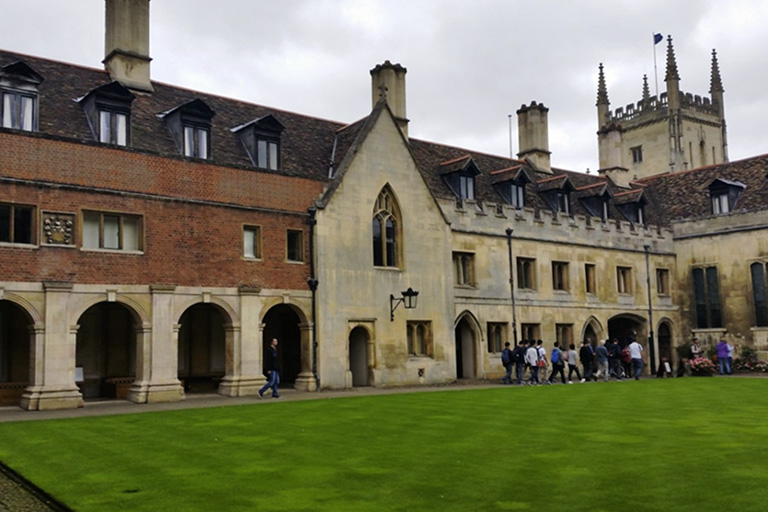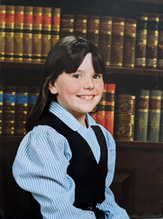| # | UK (England) | Hong Kong |
|---|---|---|
| Early Years |
Children often enter Early Years institutions from the age of 3 to prepare for primary education. This stage of education is not compulsory. Types of School:
|
Children often attend Kindergarten between the ages of 3-6. Types of School:
|
| Primary Education |
(Reception & Years 1 to 6) In primary education, students undergo two primary assessments, SATs in Year 2 and Year 6 (government-funded schools only). Some Year 6 students also sit optional secondary entrance school exams for selective schools. Types of School:
|
(P1 to P6) In primary education, students undergo two major assessments, namely TSA (Territorial System Assessment) at P3 and P6 and SSPA (Internal Examinations for the purpose of Secondary School Places Allocation). Types of School:
|
| Secondary Education |
(Year 7 to 11)
|
(S1 to S6) A much smaller percentage of students take IGCSEs followed by A-Level or IB. Types of Schools:
|
| Further Education |
(Year 12 to 13) There are several options for this phase of study. Academic courses include A-levels and IB diploma-level examinations. Students may also take more practical or vocational courses such as Apprenticeships or BTEC diplomas. Whilst A-levels and IB are the most common route to university, the results from any of these qualifications can secure a higher education place. Types of Schools:
|
|
| Higher Education |
3 Years (for most university undergraduate programmes) Note that university study is not free, even for UK permanent citizens. |
4 Years (for most university undergraduate programmes) |

Name: Claire Males
School: Dwight School London (Formerly North London International School)
Years attended: Year 10 and 11
School type: Independent international day school

Name: Hannah Patient
School: Colchester Royal Grammar School (CRGS)
Years attended: Year 12 to Year 13 (sixth form)
School type: Grammar school

Name: Ryan Wightman
School: Sale Grammar School (Sixth form)
Years attended: Year 12-Year 13
School type: Grammar School

Name: Willow Hewitt
School: Withington Girls’ School (Both junior and senior schools)
Years attended: Transition (Year 3) to Form III (Year 7)
School type: Independent day school
I lived very near the school and applied to this and another independent girls’ school in Manchester. I did some practice papers with my parents, and I did the application to the other school first, so I had some awareness of what to expect, which helped.
I remember the entrance papers feeling quite easy. I’d been worried they’d cover things I wouldn’t understand, but they were really just trying to find out about my strengths. I remember very clearly that we had to do a piece of writing, and I described the journey to my grandparents’ house. After that, the headmistress came into the classroom and chatted in a very casual way about my writing. She seemed genuinely interested, which made me feel very relaxed. It was a nice experience, and I’m glad I went into it feeling calm as I think it helped show me in the best light.